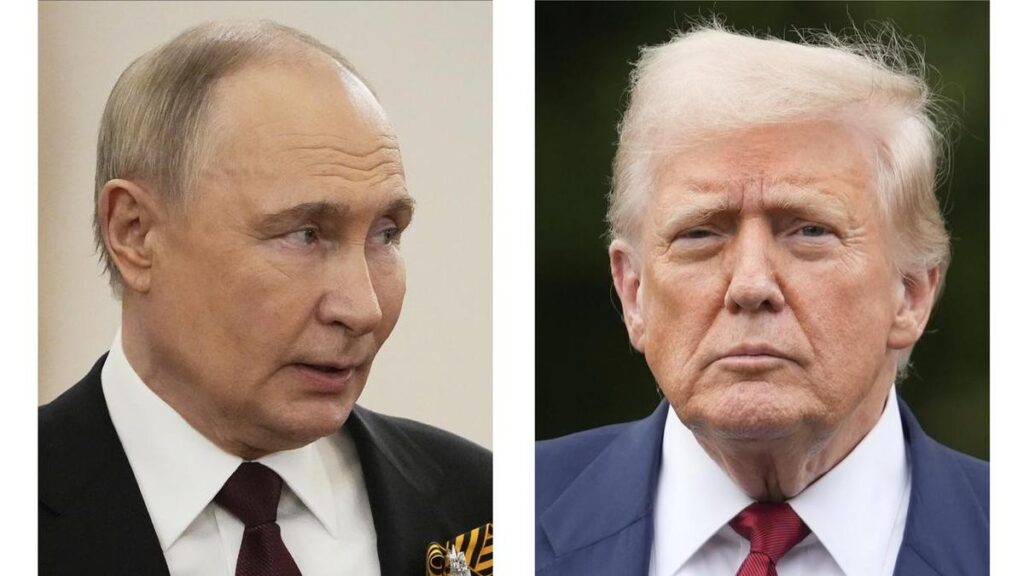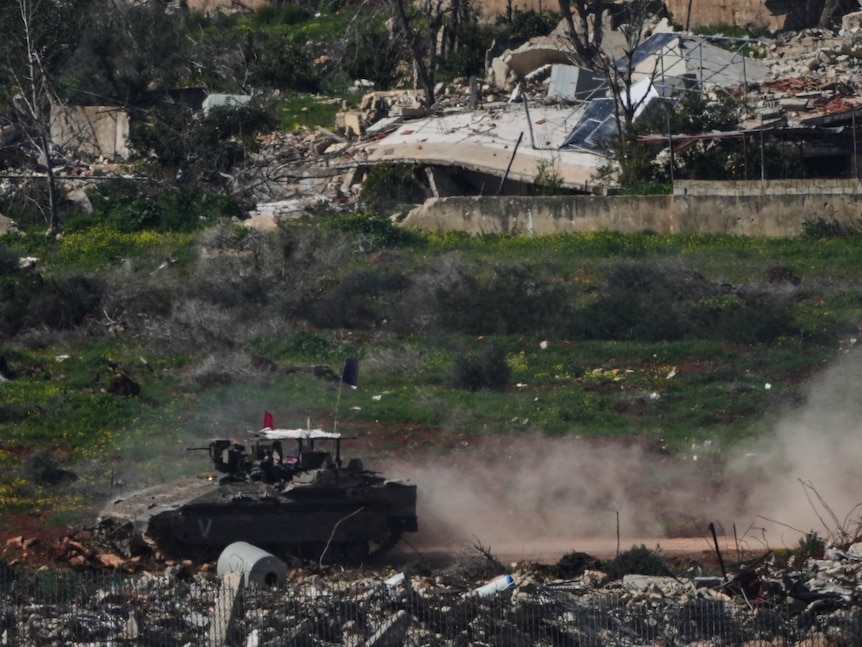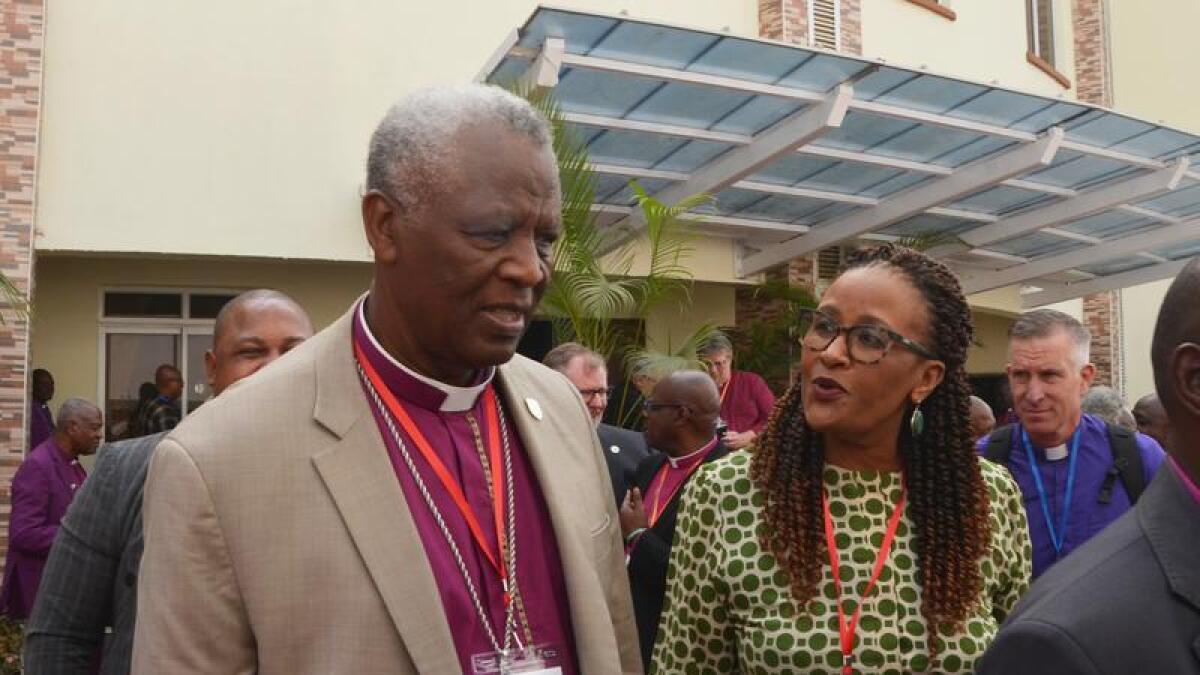
European Union leaders are pressing US President Donald Trump to prioritize the security interests of the region during an upcoming summit with Russian President Vladimir Putin. This meeting, scheduled for March 15, 2024, comes amid ongoing tensions stemming from the war in Ukraine, which has now lasted nearly four years. The leaders express concern that their voices may be sidelined in discussions critical to the future of Ukraine.
The urgency of the European leaders’ appeal reflects their anxiety about the potential outcomes of the summit. There is uncertainty about whether Ukraine will have a seat at the table, leading to fears that essential concessions could be made without the input of Ukrainian officials. The EU leaders have made it clear that while they welcome Trump’s efforts to negotiate an end to the conflict, they believe “the path to peace in Ukraine cannot be decided without Ukraine.”
In a joint statement, the leaders emphasized the importance of adhering to international law, highlighting the principles of independence, sovereignty, and territorial integrity. They firmly stated that borders must not be altered through the use of force, a direct reference to Russia’s ongoing military actions.
Ukrainian President Volodymyr Zelenskiy has vehemently opposed suggestions that Ukraine should relinquish territory to secure a ceasefire. Currently, Russia maintains tenuous control over four regions in Ukraine—two in the east and two in the south. As military developments unfold, reports indicate that Russian forces are making advancements in the Donetsk region, particularly around the city of Pokrovsk. Analysts warn that the next 24 to 48 hours could prove pivotal for Ukrainian defenses.
A potential loss of Pokrovsk could provide Russia with a significant tactical advantage, complicating Ukrainian supply lines and bolstering its position ahead of the summit. European nations are increasingly concerned that a Russian victory in Ukraine could embolden Putin to target neighboring countries next.
Trump has recently mentioned the possibility of “land swapping” as part of a peace negotiation, a statement that has raised alarm among Ukraine’s supporters. His remarks suggest a willingness to entertain compromises that may not align with the interests of the Ukrainian government. Additionally, Trump criticized Zelenskiy’s leadership, stating that “nothing happened” under his tenure during the war, contrasting this with Putin’s long-standing dominance in Russia.
As the summit approaches, uncertainty looms over the European leaders regarding Trump’s intentions. Notably, the meeting is set to take place in Alaska, a location with historical ties to Russia. The leaders are planning to convene a virtual meeting on March 14, 2024, led by German Chancellor Friedrich Merz, in a bid to rally support for Ukraine’s cause. Trump’s participation in this meeting remains unconfirmed, but he has indicated a desire to gather various perspectives before his discussion with Putin.
Among the EU leaders, only Hungarian Prime Minister Viktor Orban, known for his close ties to Putin, refrained from endorsing the statement made on Tuesday. As tensions escalate, the outcome of this summit could significantly influence the geopolitical landscape in Europe and the ongoing conflict in Ukraine.






